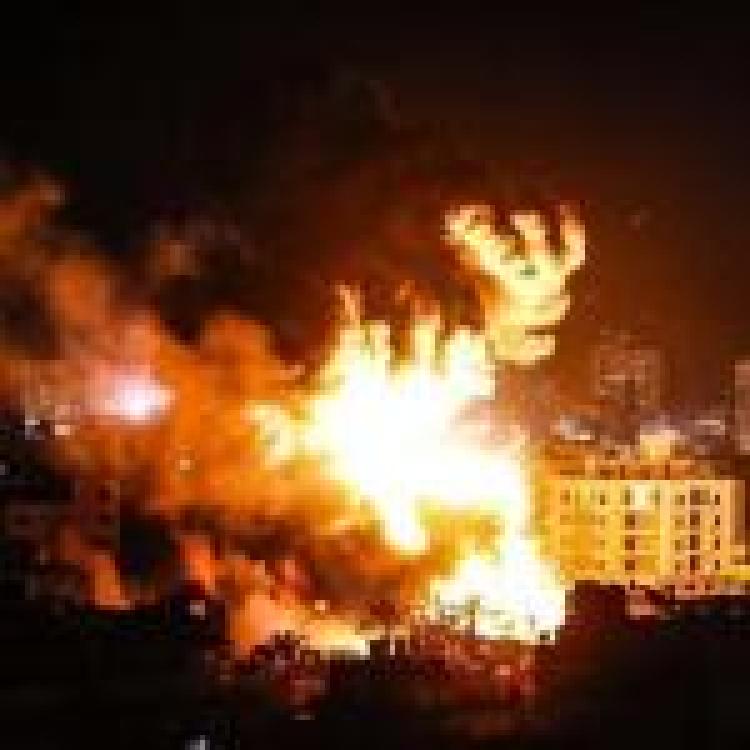
Sri Lanka’s president said his military would be sending a patrol vessel to the Red Sea to help ward off attacks from Yemen’s Houthis, at a cost of Rs. 250 million every fortnight.
Addressing an event in Colombo last week, Ranil Wickremesinghe said a vessel would be sent to ensure trade routes along the Red Sea are protected from Houthi attacks, who have been targeting Israel and Israeli-linked vessels to push for a stop to the ongoing offensive in the Gaza Strip.
“A decision has been made to deploy a ship from the Sri Lanka Navy to the Red Sea, contributing to the security of the region against Houthi activities,” Wickremesinghe.
“Additionally, shipping has been disrupted due to Houthi attacks on ships in the Red Sea. To counter this, if ships reroute around South Africa instead of navigating the Red Sea, it will lead to increased cargo costs.”
"We will be joining 'Operation Prosperity Guardian' led by the US Navy," naval spokesman Gayan Wickramasuriya said, stating that a patrol vessel crewed by more than 100 sailors would be deployed.
“Discussions will be held and based on the warship’s capability it will be deployed to any one of the sea lanes requiring protection from the Houthi rebels,” Wickramasuriya told NewsWire.
Sri Lanka’s State Minister of Defence Premitha Bandara Tennakoon defended the decision, and reportedly “emphasized Sri Lanka's international obligation to combat terrorism”.
Colombo’s move comes despite government claims that it is committed to a "two-state solution" between Israel and Palestine. However, just days after Sri Lanka’s foreign affairs ministry called for a ceasefire as violence escalated in Israel and Palestine in October, Wickremesinghe came out and condemned the Hamas assault.
He since “urged a fresh approach” to solving the Israel-Palestine conflict and aired the idea of “four-state solution involving Israel, Palestine, Gaza, and Lebanon”.





